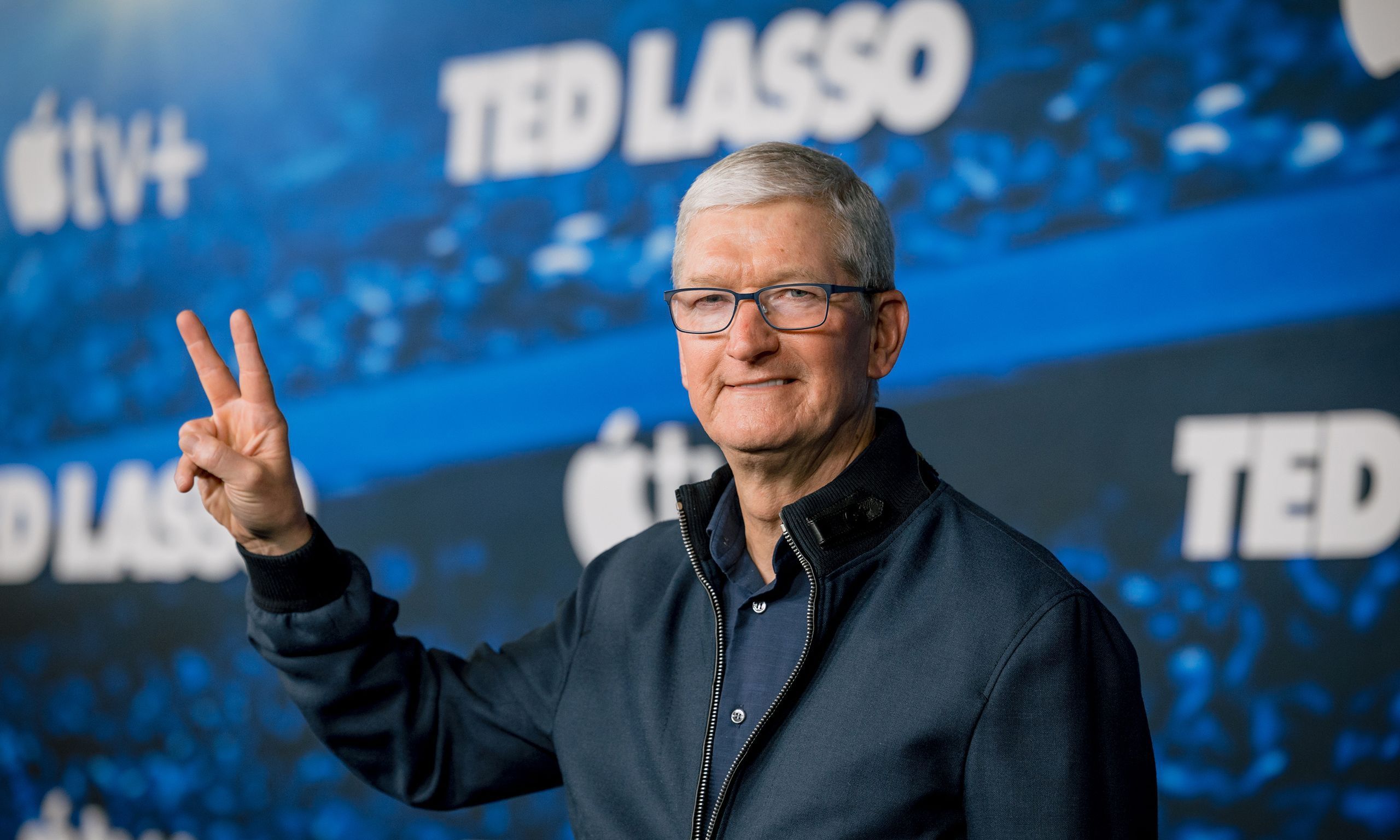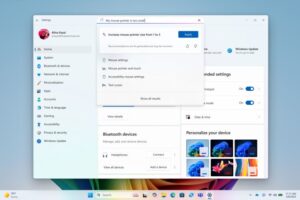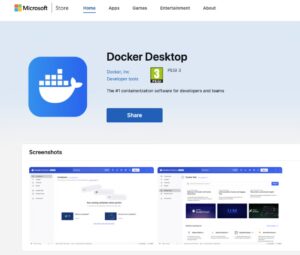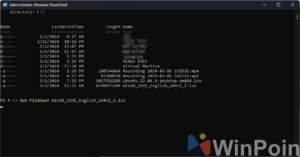
Apple’s CEO, Tim Cook, recently commented on the AI model DeepSeek, describing it as an innovation that drives efficiency during a statement last Thursday.
“Generally, I believe innovations that enhance efficiency are positive. And, as you can see, that’s what this model represents,” Cook stated in response to analysts’ questions about how the DeepSeek AI model might impact Apple’s margins.
Additionally, Cook highlighted that Apple employs a hybrid approach for its AI, handling simpler tasks locally using its proprietary AI models on specialized device chips. Meanwhile, more complex tasks are processed in the cloud through partnerships with AI model providers. Cook also emphasized that Apple adopts a deliberate and thoughtful strategy when it comes to such expenditures.
Read Also:
Read More: Copilot Introduces OpenAI’s o1 Reasoning Model for Free to All Users
For those unaware, Apple currently has an AI partnership with OpenAI, enabling ChatGPT to address complex iPhone user queries via private cloud. While Cook’s remarks were largely positive, OpenAI recently claimed to have strong evidence that its AI models were used to train DeepSeek through a process known as distillation.
Read More: Microsoft Integrates DeepSeek Model into Its Cloud
Apple has indicated that its OpenAI partnership is not exclusive, and it may integrate other AI models, such as Google’s Gemini or Anthropic’s Claude, into future iPhones. However, Cook did not hint at any plans to incorporate the DeepSeek model into Apple devices.
As reported by Tech Crunch, the DeepSeek AI model was trained using GPUs and computational resources significantly larger than the company claimed. This suggests the model was not as efficiently trained as some believed. Despite this, the Chinese AI lab offers access to its model at considerably discounted rates compared to American AI labs.
What’s your take? Share your thoughts in the comments below. If OpenAI’s claims are proven true, it would clearly violate OpenAI’s usage policies and undermine DeepSeek’s achievements.
Via: Tech Crunch






